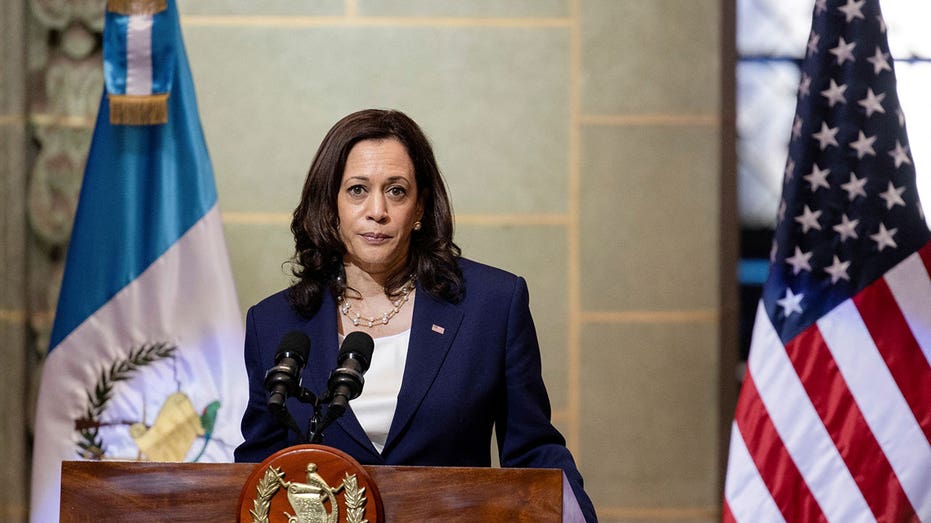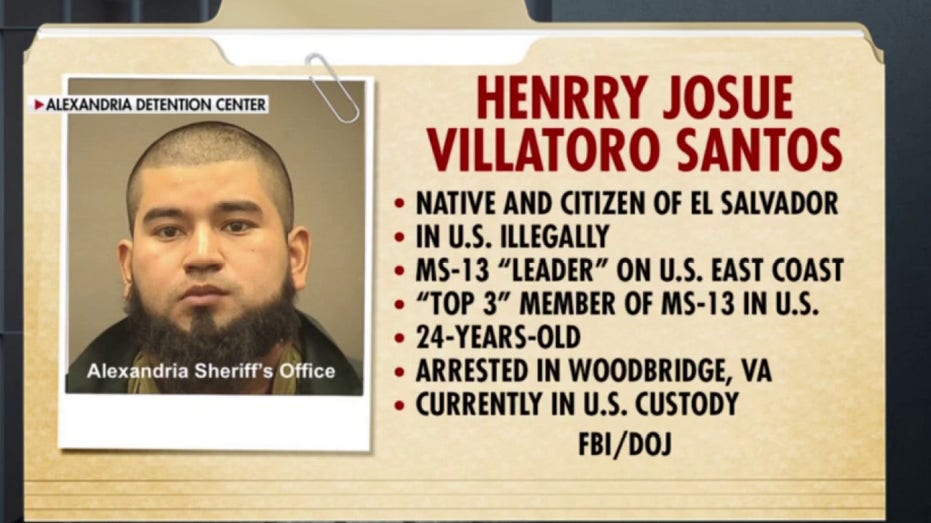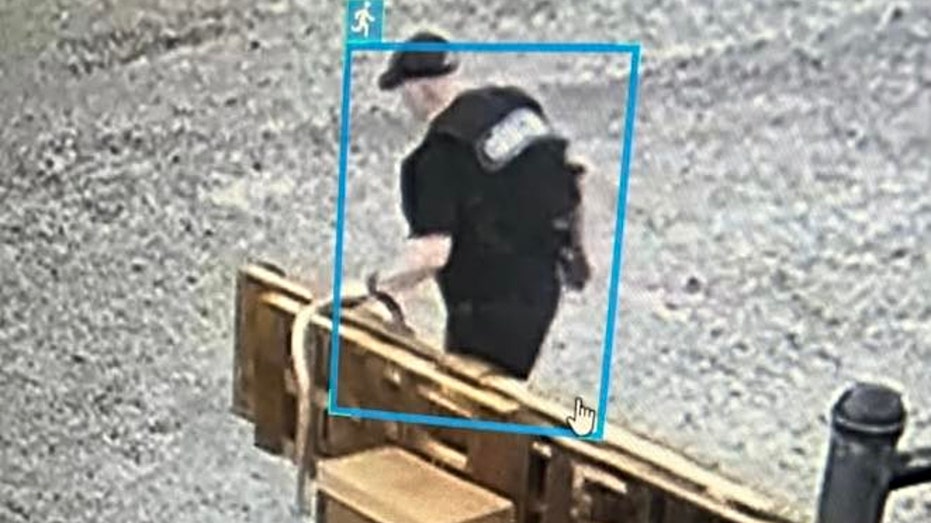New York Times report admits 'interviews are a weakness' for Kamala Harris
The New York Times, in a piece by its national politics reporter, admitted that TV interviews are not a "strength" for Vice President Kamala Harris.

A New York Times report admitted Thursday that televised interviews are a major "weakness" for Vice President Kamala Harris.
In a piece titled "Harris Has a Lot of Strengths. Giving Interviews Isn’t One of Them," Times’ national politics reporter Rebecca Davis O’Brien gave Harris credit for her debating and campaigning skills.
However, she went on to write that "one-on-one televised interviews with journalists have long been a weakness in her political arsenal. She often winds her way slowly toward an answer, leaning on jargon and rehearsed turns of phrase, using language that is sometimes derided as ‘word salad’ but might be better described as a meringue."
Harris has an uneven history when it comes to unscripted media appearances, which she has largely avoided since becoming the Democratic presidential nominee.
NEW YORK TIMES REPORT RIPS VICE PRESIDENT HARRIS' 'FRIENDLY' MSNBC INTERVIEW: 'ROUNDABOUT RESPONSES'
The avoidance was said by O'Brien to be "a calculation by her campaign" to shield her from "the risks of a prime-time spotlight."
She described "a nervousness that is palpable from the moment Ms. Harris takes her seat across from an interviewer, looking as if she were bracing for a hostile cross-examination — from the witness stand."
O’Brien pointed to Harris’ time as a prosecutor and on the Senate Judiciary Committee as the culprit, arguing that while those experiences "prepared her to be the one asking difficult questions in high-stakes exchanges; she has had less experience on the other side of the microphone."
She then quoted Dan Morain, a California-based journalist who covered Harris’ career and wrote a biography about her in 2020.
"She can be very engaging, very quick; she’s witty, a lot of eye contact," Morain said. "She was well briefed. She knew the issues. She was very good at answering questions, and very good at not answering questions."
He also mentioned Harris did not "go out of her way" to speak to the press, and assumed this will not change, asking, "Why would she take the risk?"
TRUMP-VANCE TICKET HAS DONE COMBINED 59 INTERVIEWS SINCE LAST MONTH COMPARED TO 21 FOR HARRIS-WALZ
O’Brien recalled Harris’ "clumsy" interview with NBC anchor Lester Holt about the southern border in 2021 that made her avoid interviews afterward.
"These days, when Ms. Harris gives an interview, she hews to a set of well-rehearsed talking points, at times swimming in a sea of excess verbiage," The Times’ writer said. "Her first answer is often the most unsteady, a discursive journey to the point at hand. Like all politicians, she sometimes answers the question she would prefer to address, rather than the one actually asked of her — but not always artfully."
She added further that Harris "tends to muddy clear ideas with words or phrases that do not have a precise meaning," recalling one example where the vice president had "used the word ‘holistic’ three times in the space of one long sentence" when asked about building more affordable housing.
"She relies on rhetorical touchstones," O’Brien said, listing a few examples, "'In many ways.' ‘Let’s be clear.’ And when she is asked about her economic agenda, in particular, she tends to begin with a familiar windup: ‘I grew up in a middle-class family.’"
The reporter added further that prosecutors are trained to have an approach to questioning that is entirely different from politicians.
"Prosecutors are not expected, like a mayor or an elected political representative might be, to speak — let alone spar — regularly with the press, and they are constrained, by law, in what they can and cannot share with reporters," O’Brien wrote. "While prosecutors in some places, like New York City, tend to engage more openly with the press, that is not the norm. The power dynamics are different, too: Reporters are eager for details about a case and might be more inclined to be solicitous of prosecutors, who hold the secrets, and the cards."
In 2023, "The View" co-host Sunny Hostin also defended Harris' word salads as being a product of her legal training.
"I would add that as a lawyer, you’re generally told when you’re speaking, that you speak in threes, because that’s what people remember," Hostin said. "So if you’re going to talk about a car, you talk about the car, the red car, the fast red car."
What's Your Reaction?

















